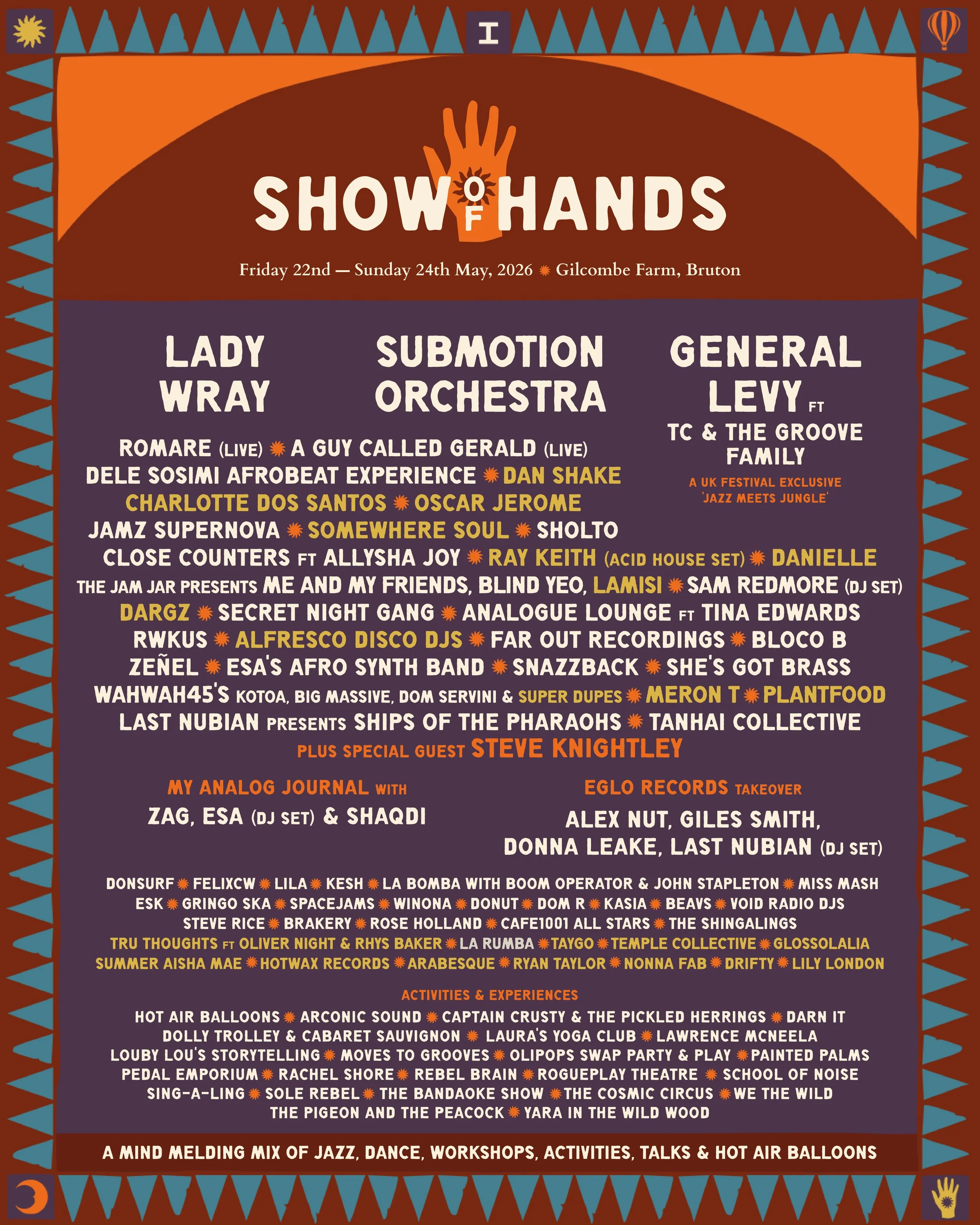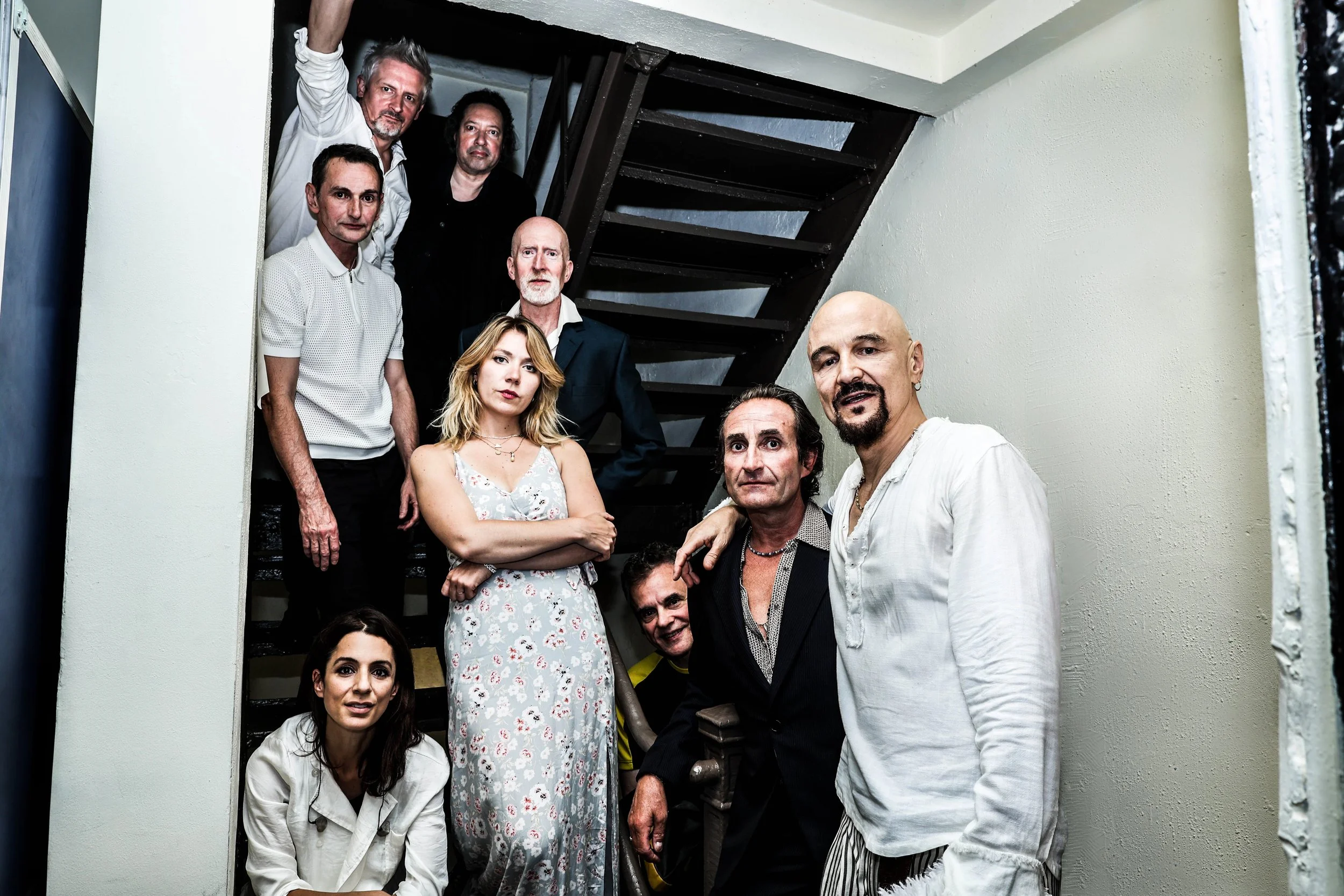Should We Drop the Judgmental Attitude about Mainstream Music?
Music is a powerful art form. It has the ability to connect us to other people, surpass language barriers, resurface emotions, and impact upon brain waves.
Have you ever wondered why we feel so euphoric at a festival? According to the Greater Good Science Center, it’s because music increases our trust in other people and fabricates bonding, even with total strangers. So, why do we take away its power by feeling the need to judge others for their music taste? How many times have you been confronted with the ice-breaker, ‘So, what kind of music do you listen to?’, knowing full well that the artists you’re about to reel off will spark an immediate judgement?
Maybe it was just my experience, but when I came to university I was shocked at how much impact music taste had on social groups. I once had an ex tell me he could never be with someone who didn’t have the same music taste as him, and another friend look in physical pain when someone suggested he played The 1975 on the aux (ironically he went on to see them in concert two years later).
Music taste is complex. It derives from an intricate web of factors including childhood, peer groups, and emotional state. Someone might love an artist you consider mainstream because it reminds them of their dad, or because a particular track of theirs was playing on the radio when they gave birth. What music we like often goes beyond aesthetics and is largely about the feelings we associate with it.
An argument often used when people shame others for listening to pop(ular) chart music is that it’s restrictive. Reddit user @JahBoiFloyd uses the analogy of somebody saying that the takeaway pizza chain Dominoes is their favourite restaurant. There’s nothing wrong with this statement, and it may well be the case; it just leads you to assume that they haven’t been able to compare it to much else (authentic Italian restaurants, for example).
Pop music is also, by definition, the most easily accessible genre. It’s all we hear on the radio, on Tiktok, it’s what first comes up on Spotify. Often, artists make it into the charts because they fit a certain aesthetic, or they’ve had hits before.
Maybe this is a generalisation, but often, the people I speak to who absolutely love music, tend to listen across multiple genres and enjoy anything from 70s jazz to hyperpop. Their judgement, then, when you say you listen to mainstream music, perhaps doesn’t come from a place of ‘my music is better than yours’, but of assuming you haven’t tried exploring anything beyond what you’ve been told is ‘good’.
Music is also becoming more and more dominant in our culture: new technologies allow you to stream and mix your own songs, apps like TikTok rely on music and can push artists into the mainstream overnight, and Spotify has made finding and listening to music more accessible than ever before. It’s easy to diversify your tastes beyond the charts, should you want to.
For some, though, putting Radio 1 on of an afternoon is enough, they don’t need to research underground artists when they’re happy with what they know. We accept that someone is able to appreciate art without being an artist, so why can’t we apply the same thinking to music? Maybe people also don’t venture out of their taste purely because of the judgement they know they’ll receive. It makes me sad when people ask who your ‘guilty pleasure’ artist is; why is there shame attached to liking a certain artist or genre? If something brings you joy then you shouldn’t have to ever apologise for it.
A lot of this judgement has been further exacerbated by social media tropes and stereotypes. If you listen to The Smiths, you’re a sad indie boy who’s probably going to gaslight his next girlfriend. If you’re a Girl In Red fan, you’re automatically not heterosexual, Mitski or Pheobe Bridgers, you must be depressed. The list goes on.
We know that personalities run deeper than what kind of music you listen to. If you don’t want to be friends with someone because they like pop music, I think that says a lot more about your narrow-minded nature than theirs. You’re not socially or intellectually superior because you listen to Neutral Milk Hotel.
Ironically, mainstream artists often become the new indie in future decades. The Beatles, for example, were one of the first ‘boy bands’ in history; teen girls had what the press called ‘Beatlemania’ and would scream outside venues and tour busses. Paul Johnson in the New Statesman, at the time, labelled these fans as ‘idle’ and ‘dull’. Now, of course, any self-proclaimed music fan will tell you that The Beatles are one of the best bands to ever produce music. If liking mainstream music makes you a lesser person, then why are there museums dedicated to the greatest pop artists of their time?
Music, like any art form, will always be subject to debate, with everyone having a differing opinion on which artist or genre is the best. My advice? Ignore it all and listen to what brings you the most joy. If that’s pressing ‘Top 50 UK’ on Spotify during your morning commute, then do just that and don’t let anyone talk you into doing otherwise.
Written by Alice Williamson
Alice is a 22-year-old student journalist living in Bristol. Having graduated from UEA with a first class honours degree in International Development, she is now studying part-time for her postgrad diploma in journalism. Her particular writing interests include music and socio-environmental issues.







